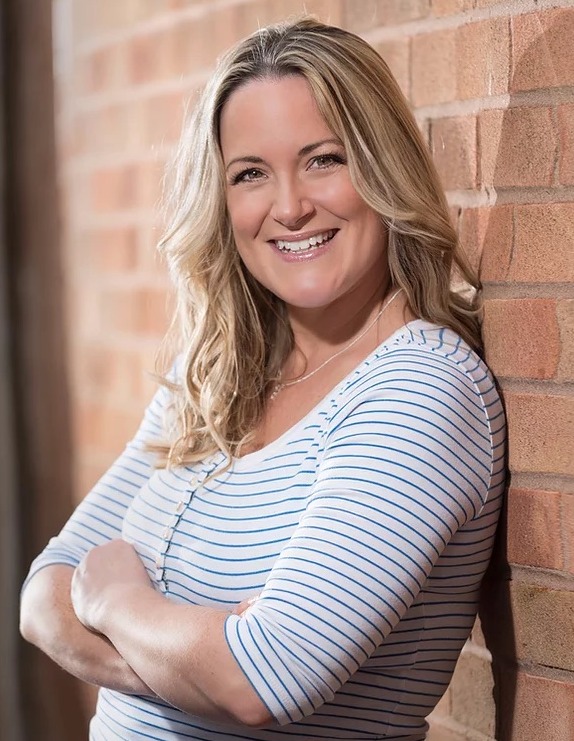Carrie Garrett
Highly Specialist Speech & Language Therapist (SLT)
Specialisms in Clinical Voice Disorders & Singing Voice Rehabilitation.
Carrie Garrett is a passionate and highly skilled practitioner working in the field of vocal health, vocal rehabilitation and singing. She has over two decades experience as a professional singer and singing teacher, adding to her skillset when she became a certified Speech & Language Therapist.
She is now a Highly Specialist SLT (Voice) working for Herefordshire and Worcestershire Health and Care NHS Trust, with skills in numerous diagnostic and therapeutic interventions related to her specialist field.
Tell us about your current job role?
In my NHS role, I work across Worcestershire serving a community caseload of adult patients experiencing difficulties with speech, voice or swallowing.
What does a Speech & Language Therapist (SLT) do?
There are many different types of SLT roles in healthcare, just as there are many types of ‘teaching’ roles in education. My job is different every day! SLTs work to support a multitude of patients with a wide variety of needs. As a community therapist, my voice patients may include professional voice users, transgender clients, and post-surgical patients alongside patients experiencing progressive neurological problems (eg. Multiple Sclerosis, Motor Neurone Disease, and Parkinson’s Disease), all of which can result in changes to speech and swallowing also. I work on community hospital wards, nursing homes, in private homes and in out-patient clinics across North Worcestershire.

